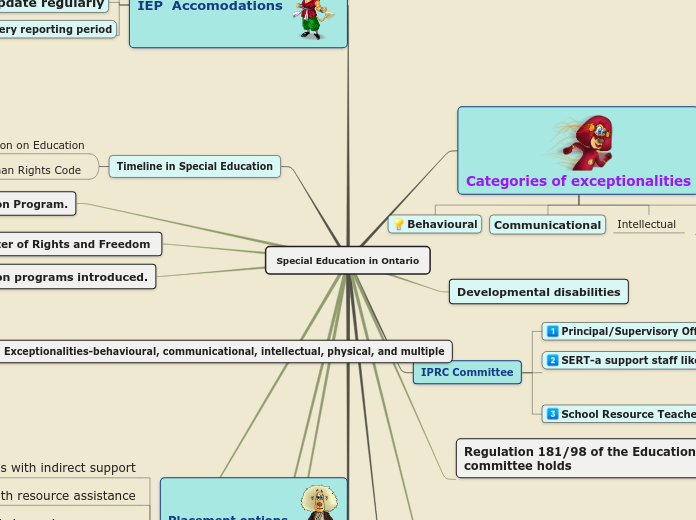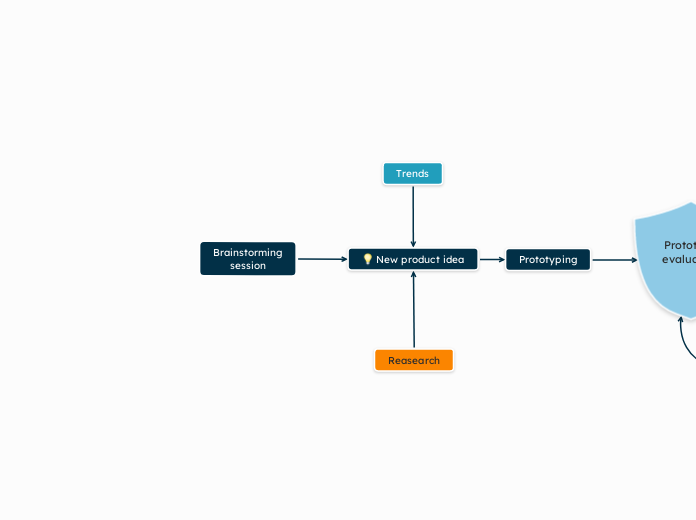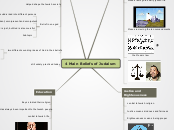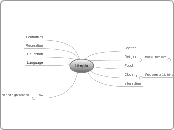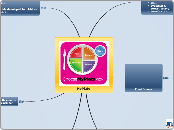arabera vincia varghese 1 year ago
203
Special Education in Ontario
Ontario's approach to special education encompasses a spectrum of services and placements tailored to meet the diverse needs of students with exceptionalities. This system includes full-time special education classes, regular classes with varying levels of support, and experiential learning opportunities.
